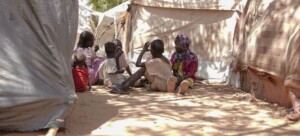Sudanese doctor warns about lack of resources as COVID-19 cases continue to rise
In a press conference with Sudan News Agency (SUNA) yesterday, Dr Bandar Nouri, a member of the Socialist Doctors Association (SDA), talked about the rise in COVID-19 infections, high death rates, regional disparities, and concerns about the lack of health care facilities and protection for medical staff.
 Medics warn for the consequences of the second COVID-19 wave in November (Social Media)
Medics warn for the consequences of the second COVID-19 wave in November (Social Media)
In a press conference with Sudan News Agency (SUNA) yesterday, Dr Bandar Nouri, a member of the Socialist Doctors Association (SDA), talked about the rise in COVID-19 infections, high death rates, regional disparities, and concerns about the lack of health care facilities and protection for medical staff.
In the press conference, Dr Nouri confirmed that the total number of recorded COVID-19 related deaths was 1576 on January 6. He explains that 77 per cent of these deaths occurred inside isolation centres, which indicates an absence of ‘effective intervention’ and a lack of access to patients.
The SDA said that, according to the statistics provided by the Ministry of Health, the overall death rate among those infected with COVID-19 reached 6.8 per cent in Sudan, exceeding the worldwide average as proposed by the World Health Organisation (WHO).
He also confirmed that the death rates (the percentage of deaths among total number confirmed COVID-19 cases) in the states of North Darfur, Central Darfur, and East Darfur rose sharply. The death rate in North Darfur reached 55 per cent and 50 per cent in Central Darfur, while East Darfur measured a rate of 30 per cent and West Darfur of 12 per cent. In Khartoum, the death rate is 4 per cent but it also recorded the highest number of infections.
Dr Nouri attributed this disparity in rates to the uneven distribution of health services and resources and differences in testing. He, for example, noted that North Darfur has 150 beds in isolation centres and 7 intensive care beds, while Kassala has only 5 beds in isolation centres and 5 intensive care beds. In Zalingei, Central Darfur, there are 20 beds in isolation centres and 4 intensive care beds and West Kordofan has 18 beds in isolation centres but no intensive care beds.
Next to the lack of resources in some regions, there is also a disparity in testing facilities. Dr Nouri explained that 50 per cent of the positive cases on January 6 were among travellers, which he believes is confirmation of widespread community transmission. As diagnostic centres are concentrated in Khartoum, El Gezira, and Red Sea state this leads to delayed examination results and delayed intervention.
If one takes into account the lack of testing facilities in Darfur and the high death rates, it is likely that the number infections among the local population is much higher than the official records suggest, indicating widespread community transmission.
Dr Nouri also explained that deteriorating conditions in government hospitals led to an increase in the use of private hospitals. However, he added that these private hospitals charge patients security fees that range between SDG 600,000 and SDG 800,000 and a hospitalisation fee for the intensive care, which can range from SDG 150,000 To SDG 250,000 per day.
Part of the reason for the deteriorating conditions in public hospitals is the high infection rate among doctors. Of all doctors who were examined, 77 per cent tested positive. The death rate among senior doctors reached 74 per cent between November and January 13. This indicates a severe lack of protection for doctors, Dr Nouri explained.
Rise in cases
Recently, Khartoum has witnessed a sharp increase in recorded cases reaching 20.0 confirmed cases per 10,000 residents. Director Mahjoub Menoufeli of Khartoum state’s Ministry of Health called this “a dangerous indicator”, especially because these numbers reflect the number of confirmed cases. There are growing concerns about the number of unrecorded and undetected cases in the country.
In December, a report from the Imperial College London (ICL) COVID-19 Response Team warned that an estimated 16,090 deaths may have been missed as of November 20. This means that only 2 per cent of COVID-19 deaths in Khartoum have been registered as such.
The entire African continent has witnessed a sharp increase in infections in the worst-affected countries. The WHO has called on African nations to boost their surveillance of the virus to detect any mutations that may occur.
The organisation voiced concerns that the rise in infections is driven in part by the new strain of COVID-19 that emerged in South Africa and is thought to be much more contagious.
It is hoped that the introduction of new vaccines will create a turning point in this global pandemic.
Yesterday, the United Arab Emirates (UAE) has granted Sudan “considerable quantities” of the COVID-19 vaccine to combat the spread of the disease. A month ago, the Sudanese Ministry of Health announced that 8.4 million doses of the COVID-19 vaccine will be provided to specified target groups.
Measures
To combat the rise on COVID-19 infections, authorities have imposed restrictions on international travel.
Earlier this month, Sudan extended an existing travel ban for all passengers from the United Kingdom, the Netherlands, and South Africa until yesterday, January 13.
Yesterday, the Civil Aviation Authority issued a bulletin which states that passengers flying from the United Kingdom, the Netherlands, and South Africa can now enter Sudan through Sudanese airports, but only if they adhere to certain health protocols.
These protocols include the measure that all passengers must be able to show a negative COVID-19 PCR test, take less than 72 hours before arrival. The protocols also include a mandatory 14 days quarantine period for all passengers and require them to inform the health authorities in the case they develop symptoms.
The bulletin came into effect today and will remain in place until April 11.
* USD 1 = SDG 55.1375 at the time of posting, according to the daily middle US Dollar rate quoted by the CBoS. Effective foreign exchange rates however can vary widely on Sudan’s parallel market, where the price of the greenback jumped to SDG 275 this morning.
Radio Dabanga’s editorial independence means that we can continue to provide factual updates about political developments to Sudanese and international actors, educate people about how to avoid outbreaks of infectious diseases, and provide a window to the world for those in all corners of Sudan. Support Radio Dabanga for as little as €2.50, the equivalent of a cup of coffee.












 and then
and then